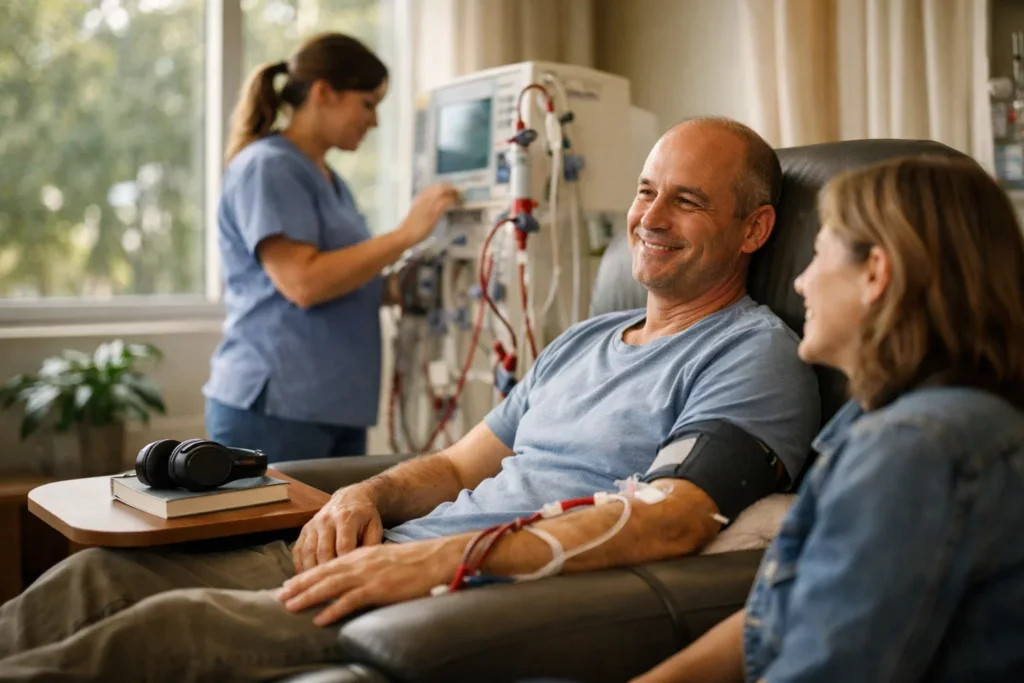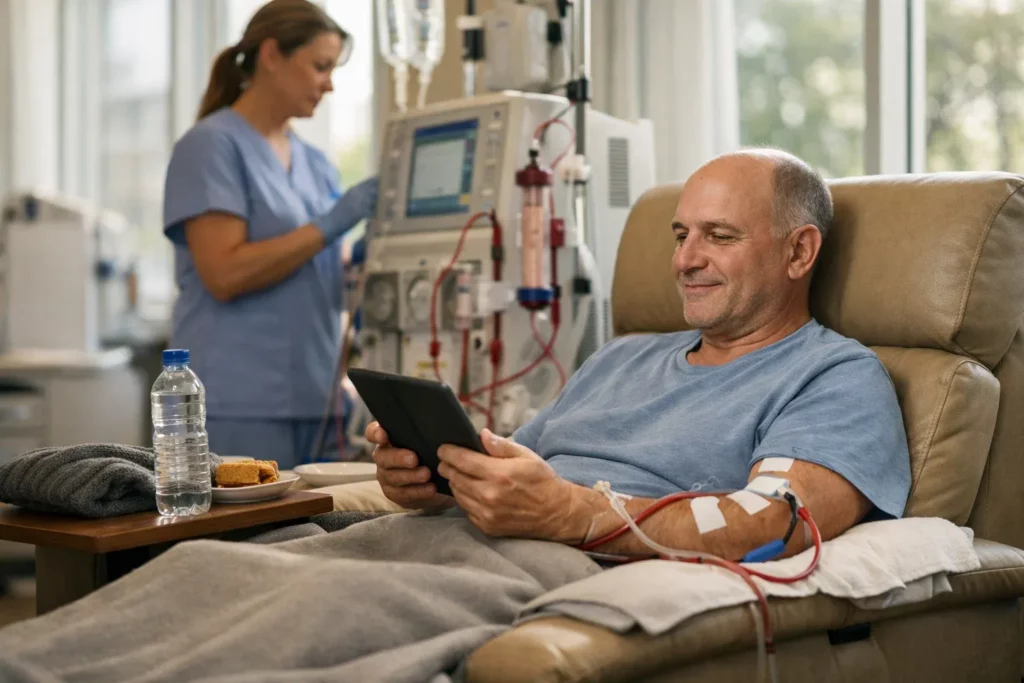Chronic Kidney Disease (CKD) often starts quietly. Many people don’t realize they have it until routine labs show something’s not quite right. While the diagnosis can feel overwhelming, the good news is that with the right support and daily habits, you can manage CKD and protect your kidney health for years to come.
At Associated Nephrology Consultants (ANC), the goal is simple: meet patients where they are. “It’s about steady steps, not big leaps,” their team often tells patients. That’s because managing CKD is less about perfection and more about consistency.
Why CKD Management Matters
Your kidneys filter waste, balance fluids, and regulate blood pressure. When they’re under stress, every part of your body feels the impact. Managing CKD effectively helps slow progression, reduce symptoms, and improve overall quality of life.
In Minnesota, ANC nephrology experts partner with patients to create personalized plans—covering medications, nutrition, lifestyle, and long-term monitoring.
Everyday Tips from Nephrology Experts
Stay on Top of Blood Pressure
High blood pressure is one of the biggest drivers of CKD progression. Keep track at home, bring logs to appointments, and work with your care team to hit safe targets.
Hydrate Smartly
Water is important, but recommendations vary depending on your kidney function. ANC nephrologists help you find the right balance so you’re supported, not overdoing it.
Follow a Kidney-Friendly Diet
Lowering sodium, balancing protein, and managing phosphorus or potassium levels can make a big difference. A nutrition plan tailored to your labs is key.
Take Medications as Prescribed
Blood pressure medicines, diabetes treatments, and other prescriptions work best when taken consistently. Skipping doses can set you back.
Don’t Ignore Small Symptoms
Swelling, fatigue, or changes in urination may seem minor, but they can signal CKD changes. Reporting them early allows adjustments before things escalate.
Supportive Care in Minnesota
Managing CKD is about more than just treatments. Patient resources—like support groups, educational materials, and transplant preparation guides—help patients and families feel informed and supported. ANC connects patients in Minneapolis and across Minnesota to these resources so they never feel alone.
For those whose CKD progresses, ANC also provides access to outpatient dialysis centers and guides patients through transplant evaluation when the time is right.
FAQs
Q: Can lifestyle really slow down CKD?
Yes. Small daily steps—like watching sodium, staying active, and taking medications—add up over time and can protect kidney function.
Q: How often should I see a nephrologist if I have CKD?
It depends on your stage of CKD and your overall health. Many patients check in every 3–6 months.
Q: Will I eventually need dialysis?
Not necessarily. Some patients manage CKD for years without dialysis, especially with early detection and consistent care.
Q: What role does nutrition play in CKD?
A huge one. Diet helps control blood pressure, blood sugar, and waste buildup. ANC provides nutrition guidance tailored to each patient’s needs.
Q: Are there resources for families of CKD patients?
Yes. ANC offers patient resources and connections to local support groups across Minnesota.
Closing Thought
Living with CKD may feel uncertain, but you don’t have to navigate it alone. With steady habits, expert guidance, and supportive resources, you can take control of your health and slow the progression of kidney disease. In Minnesota, Associated Nephrology Consultants (ANC) is here to help every step of the way.





